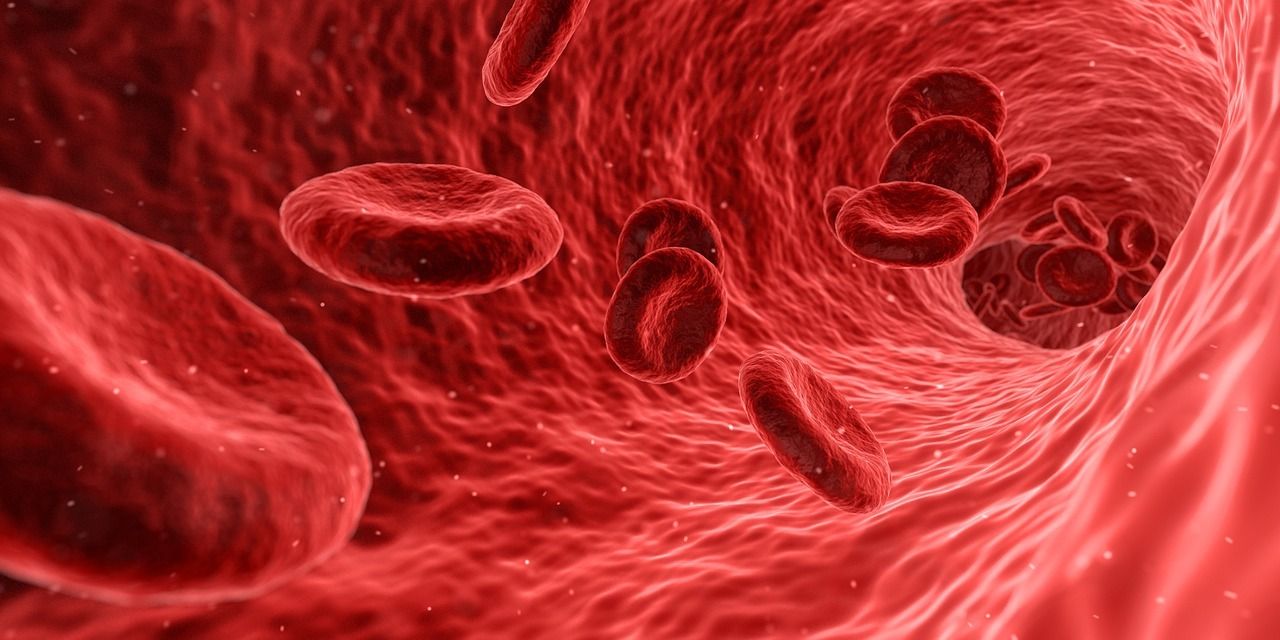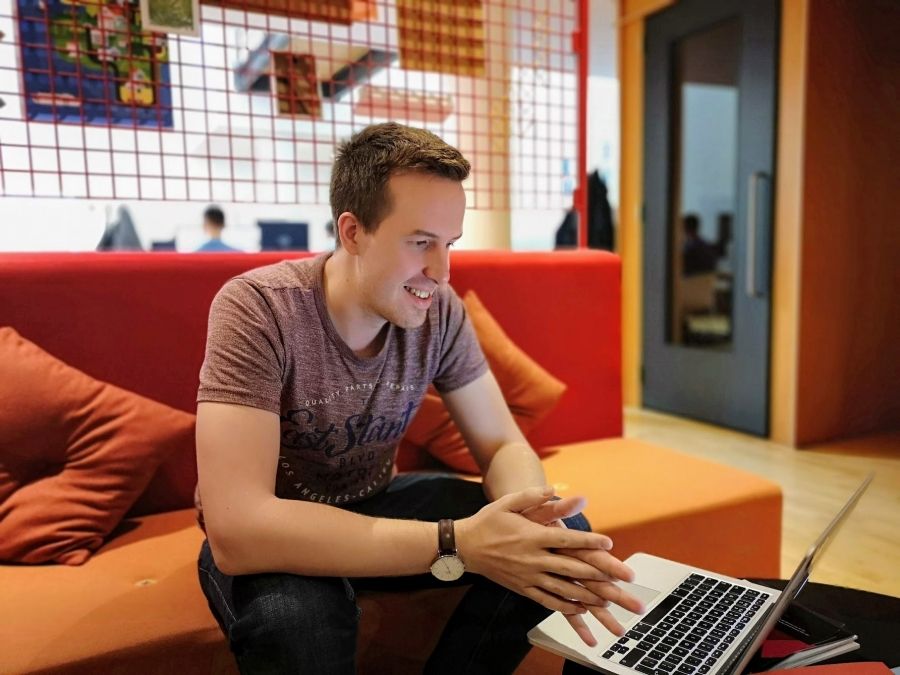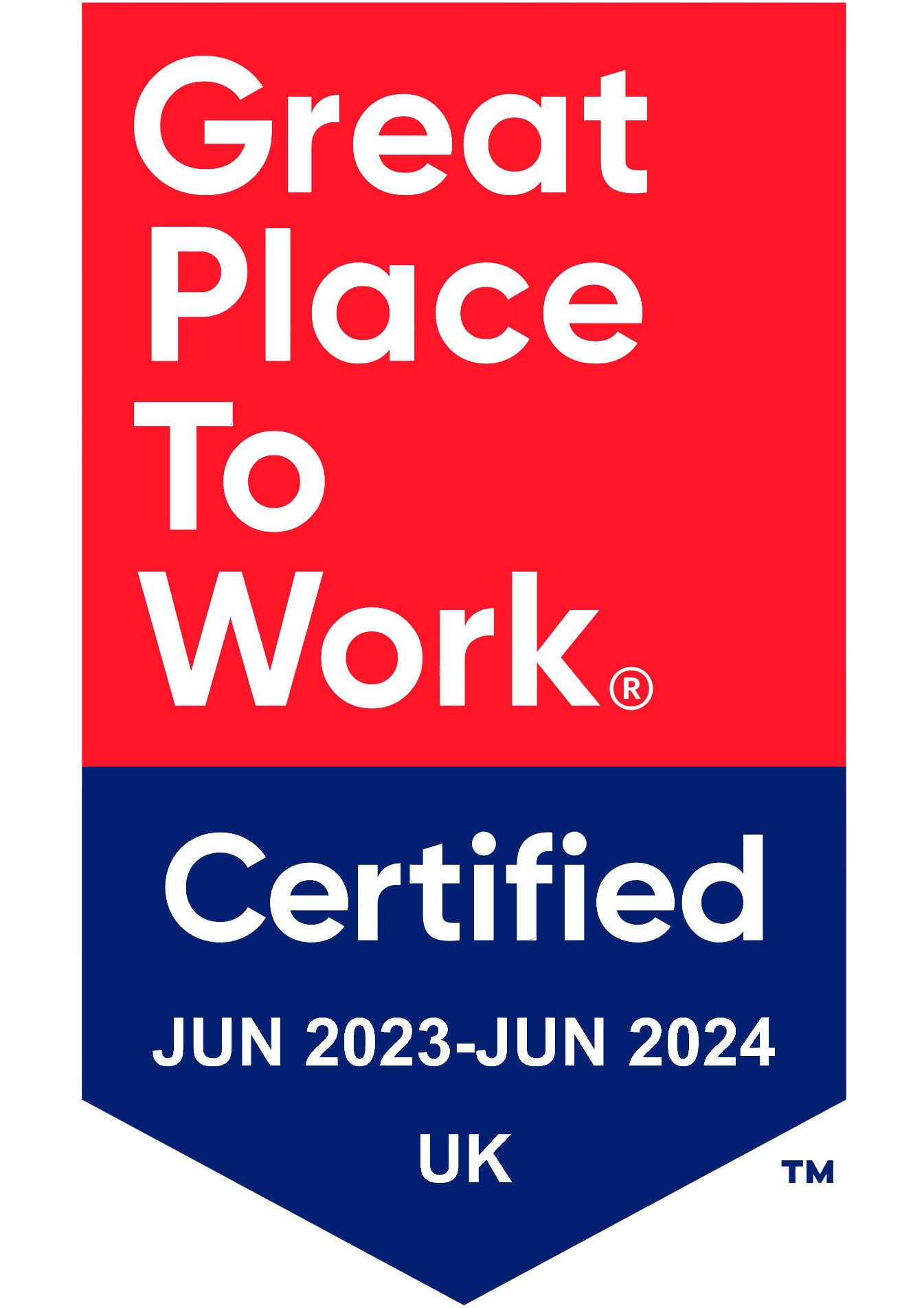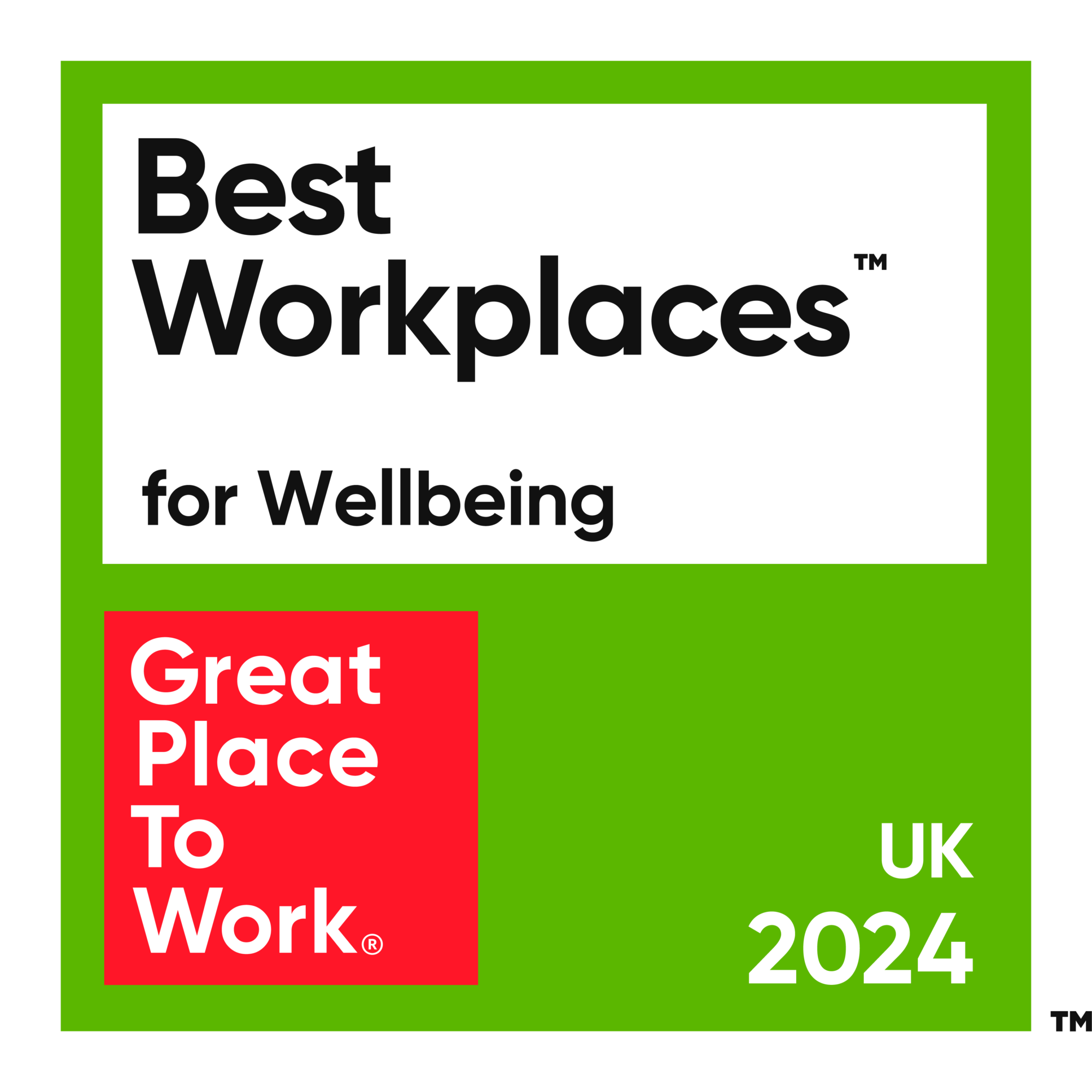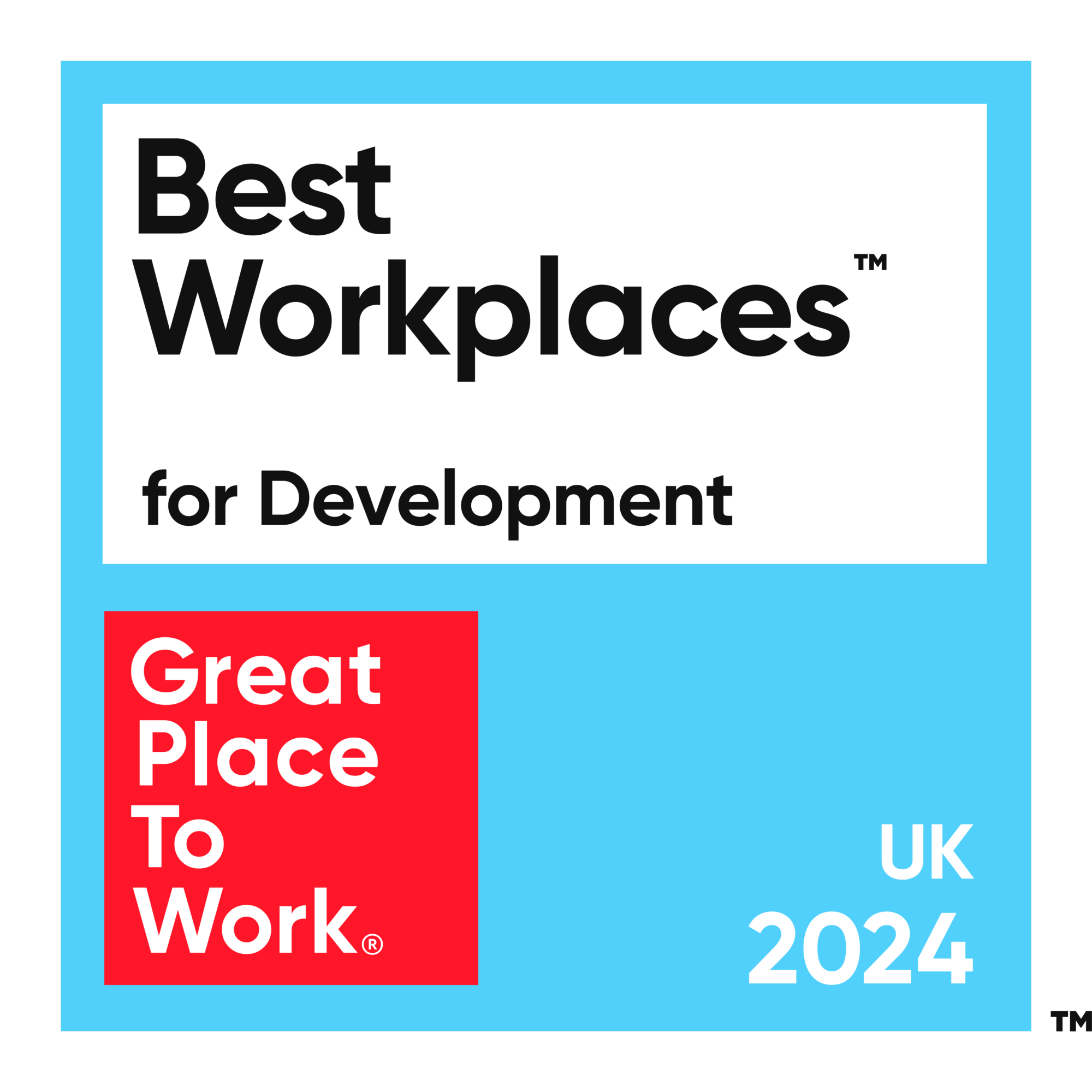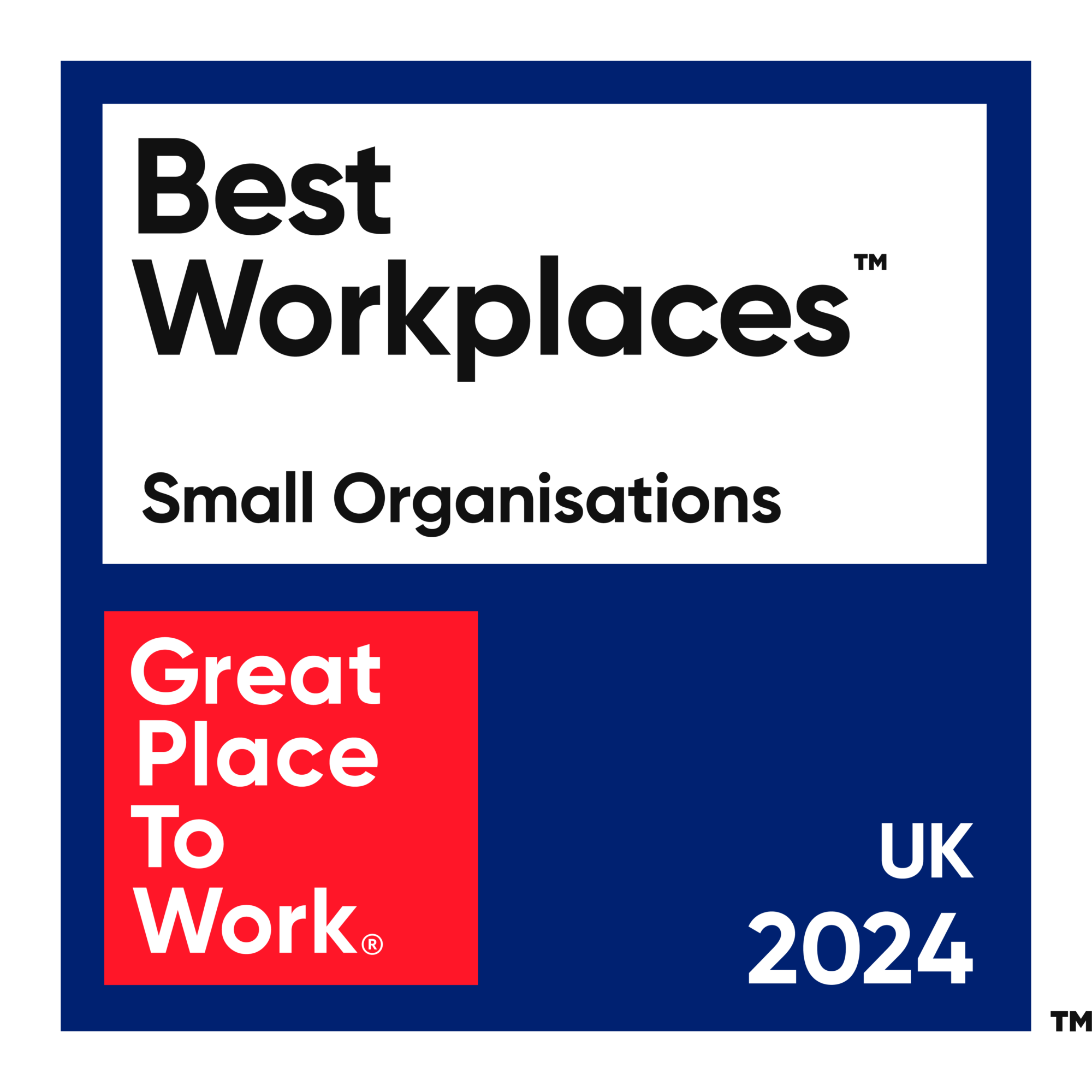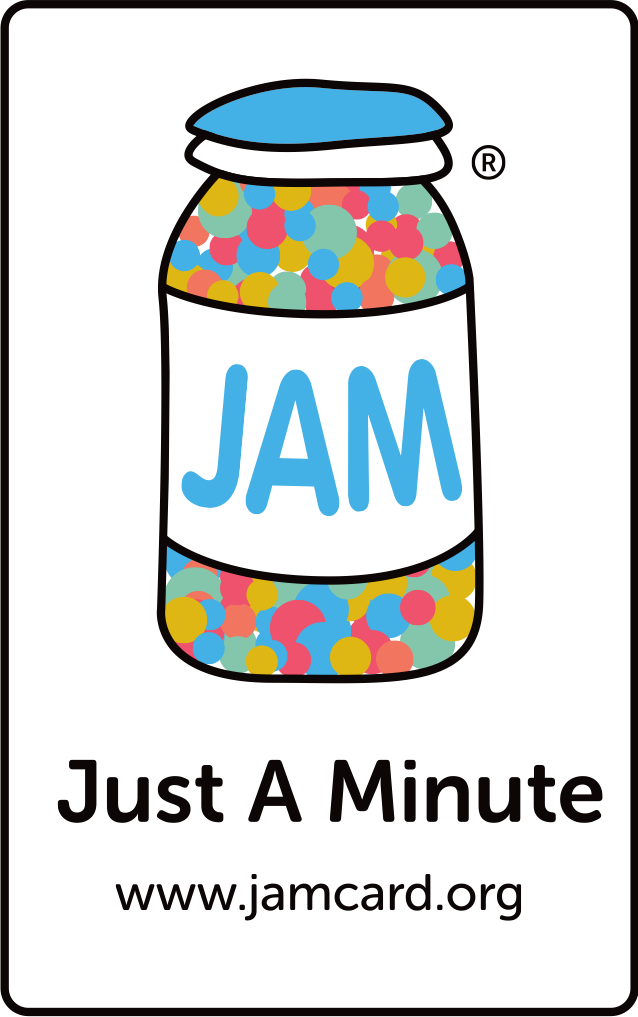Can technology make our streets safer?
Adele Marshall has been a professor of statistics at QUB since 2011. Her research informs decisions for Smart City initiatives in Belfast […]
June 18, 2018
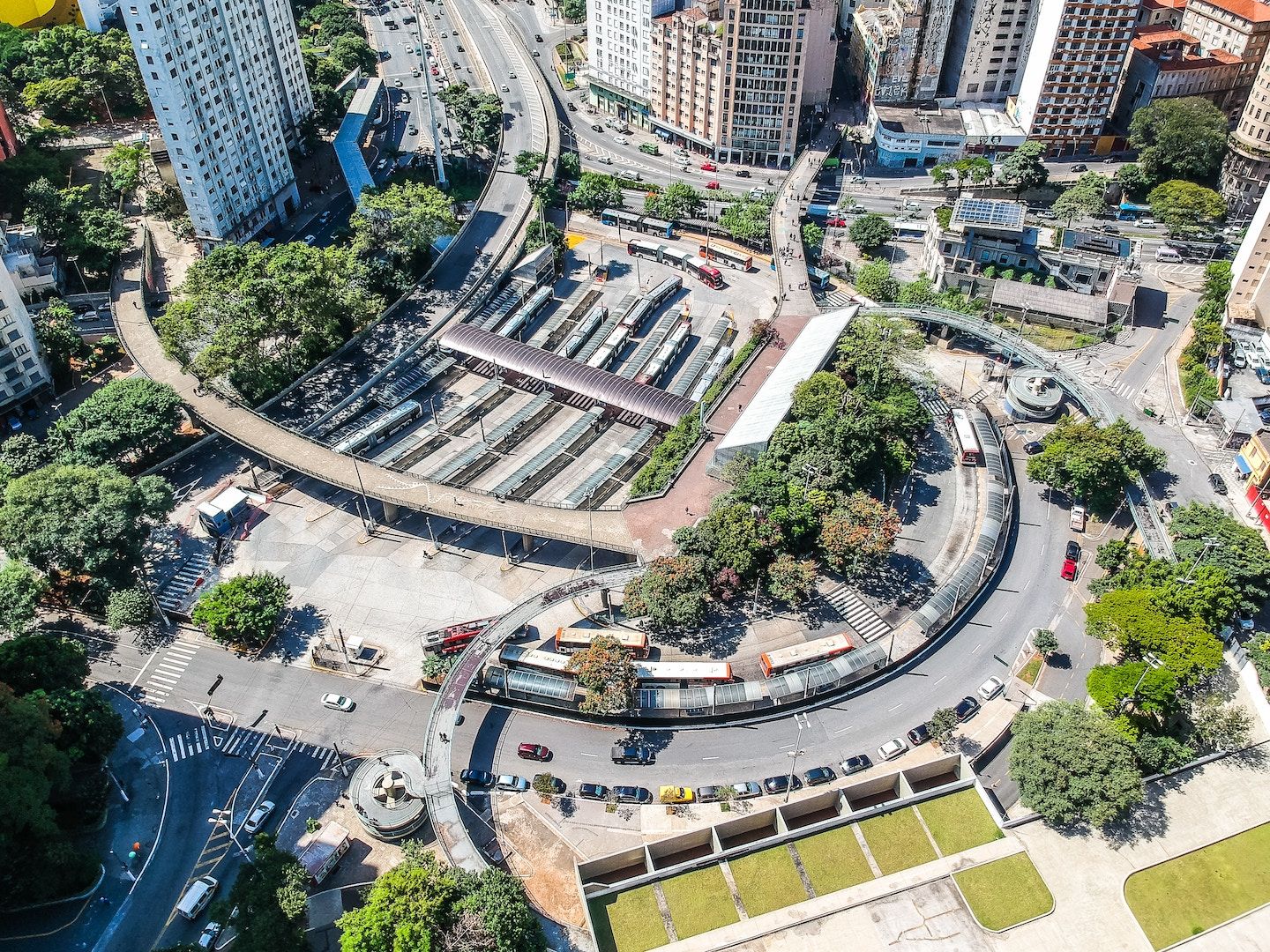
Adele Marshall has been a professor of statistics at QUB since 2011. Her research informs decisions for Smart City initiatives in Belfast and Manchester.
“We’ve done statistical modelling of response times in the emergency services, including the police and ambulance services,” Adele says. “The models help inform strategic decisions that make cities better places to live.”
“At present there’s a shortage in talent in the area of data analytics,” she says. “We’ve started a new masters in Data Analytics at Queen’s. We had the first year of intake this year. Students have been placed in programmes at Ulster Bank, Kainos, BT, Citi, Allstate and Statsport.”
For the past two years, Adele was spearheading a KTP project with See.Sense.
Adele explains, “As people ride bicycles around the city, these sensor-laden bike lights are collecting data on road surfaces, potholes, and where cycle lanes are good or bad. We’ve completed two projects in Dublin and Manchester.”
The bike light data will inform city planners about where roads need improving. The cyclists will benefit from the data too – in the future it will be fed back to them, so they can learn what cycle routes are safest.
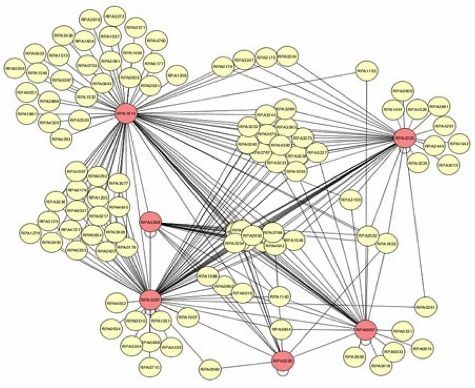
What are the opportunities of Smart Cities?
“There is much that can benefit citizens,” Adele says. “From connectivity of devices, especially now that WiFi is free in many urban centres. It is starting to influence people’s daily lives.”
“There’s been a lot of talk, but more needs to happen,” she cautions.
“We can create safety indices for roads – showing where is safer and where to avoid. There are many opportunities for that type of data analysis.”
What are the challenges?
“Data protection is always a challenge,” says Adele. “Sharing data, what constitutes open data – these questions all need to be answered. There’s a fear of Big Brother watching us, the exposure of data. Getting the trust of the public can be a challenge.”
How can Smart Cities take us forward as a society?
“In one project, we looked at traffic near schools, and whether there was really a need to reduce speeds to 20mph. There are so many benefits from collecting and analysing data like this,” she says.
“One further area is how machine learning can be used,” she adds. “If we allow computers to run amok with machine learning, that might put data protection in danger.”
“But if we put in an extra layer to sanity check the machine learning, we can calibrate the algorithms appropriately. This is exactly what a startup I founded in the past six months, so it’s still in early phase, Advanced Analytics Labs are doing – adding robustness, validation and confidence in using such approaches.”
Can technology make us safer in our cities?
Adele says, “There’s a package that was developed in San Francisco, like a ‘smart cop’, that could predict where crime was going to happen before it happened. But to implement that in other cities, such as Belfast, it’s not just a ‘let’s buy it and plug it in’ situation. You have to model it. The ripple effect of crime doesn’t happen the same way in a large populated centre as it does in a city like Belfast. Each city needs tailor-made algorithms.”
